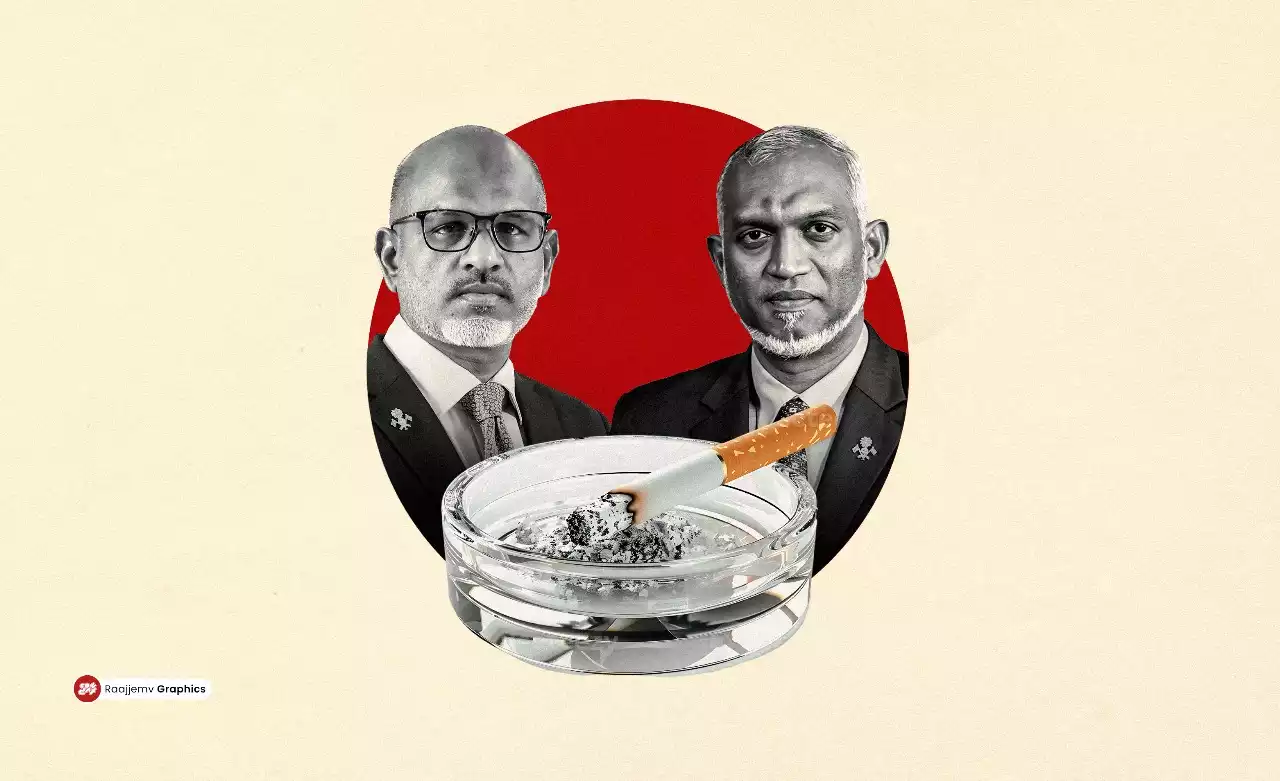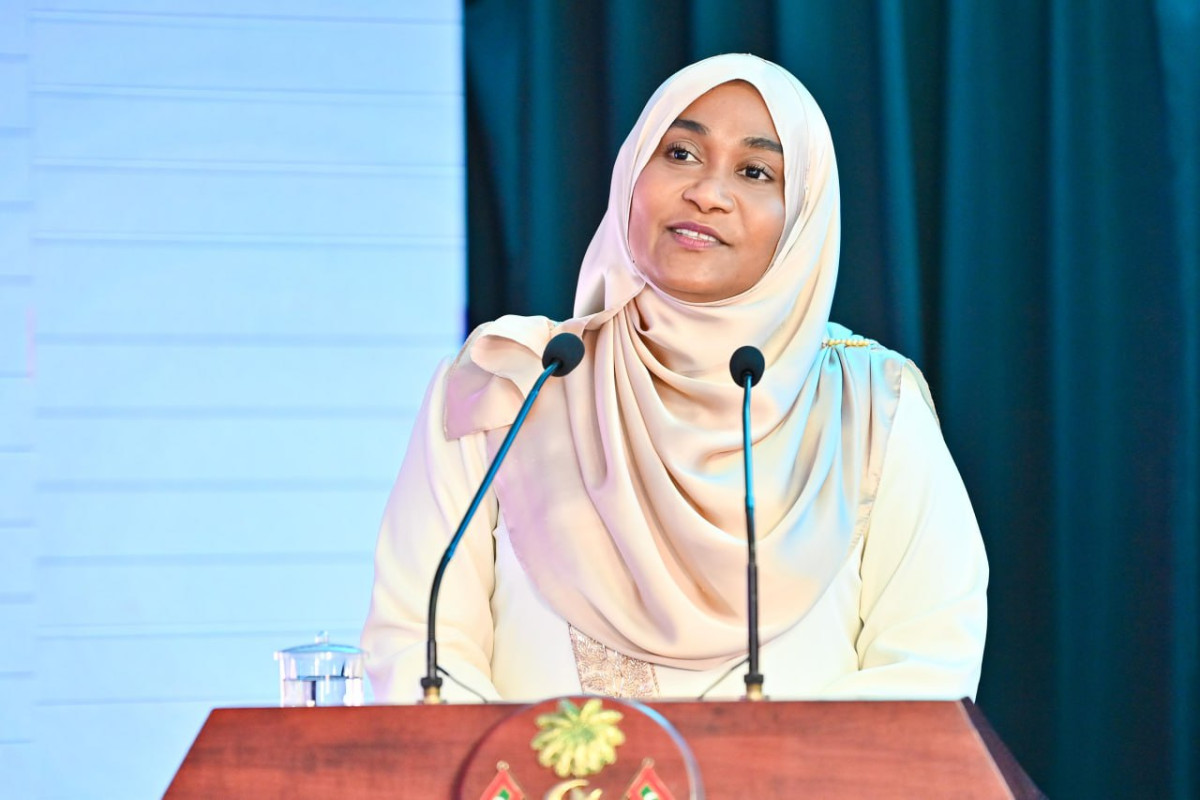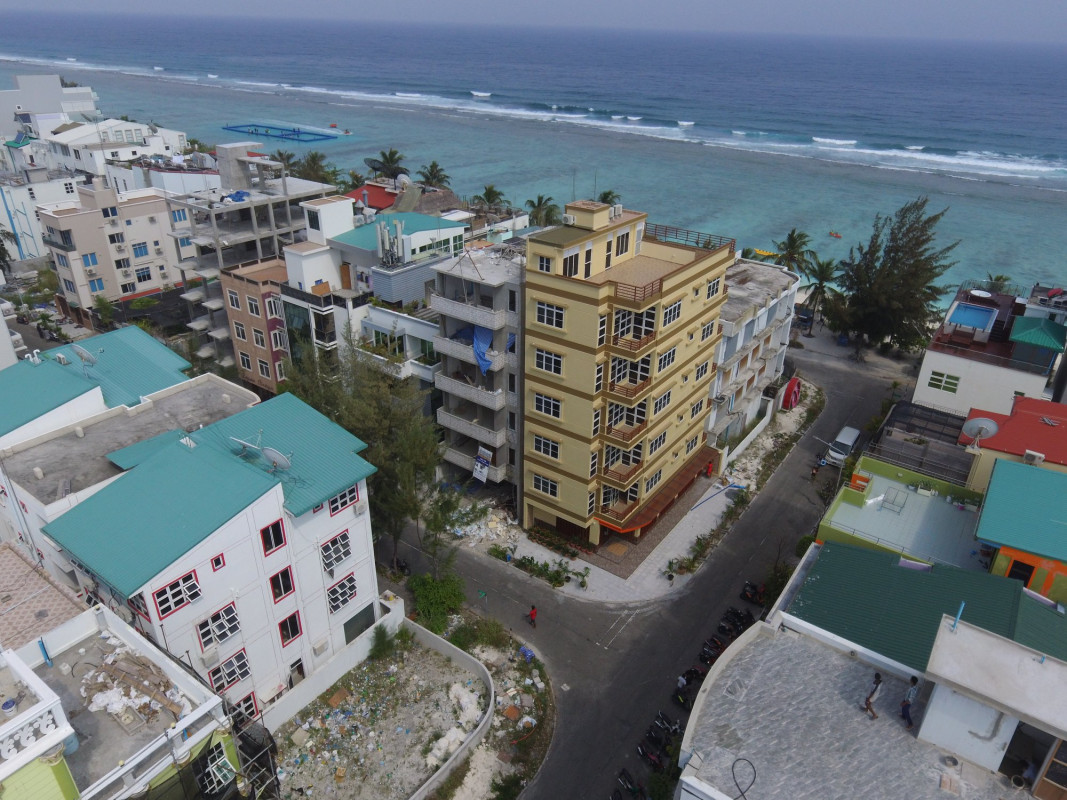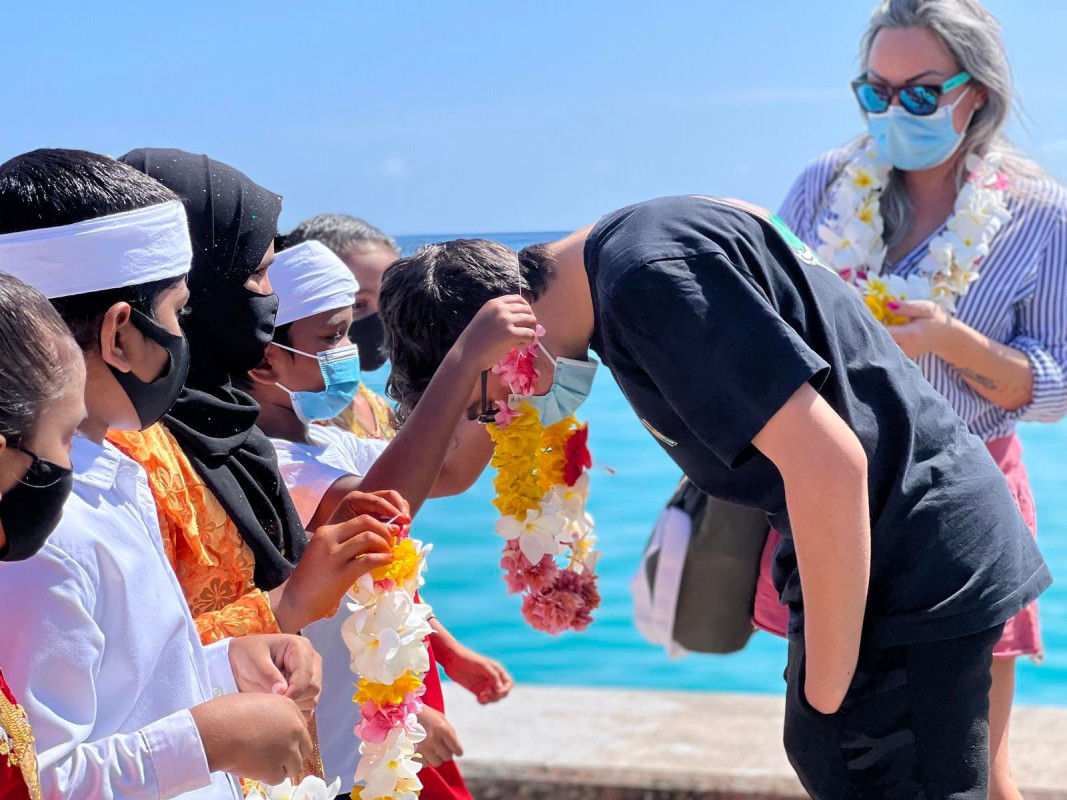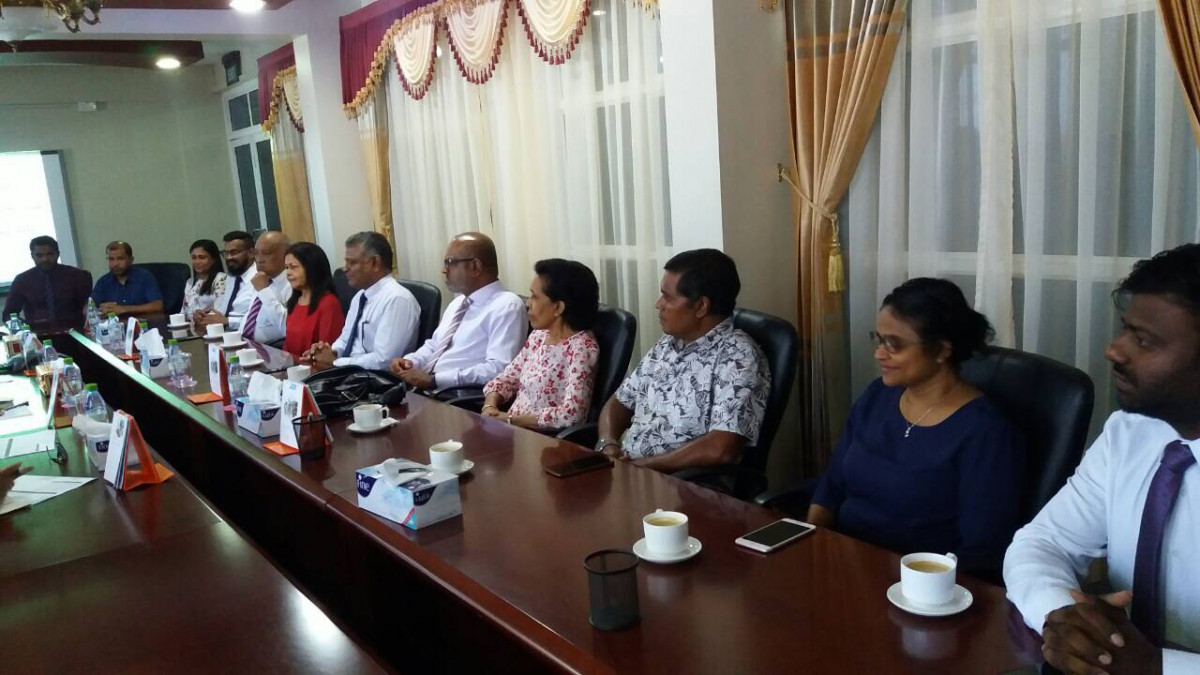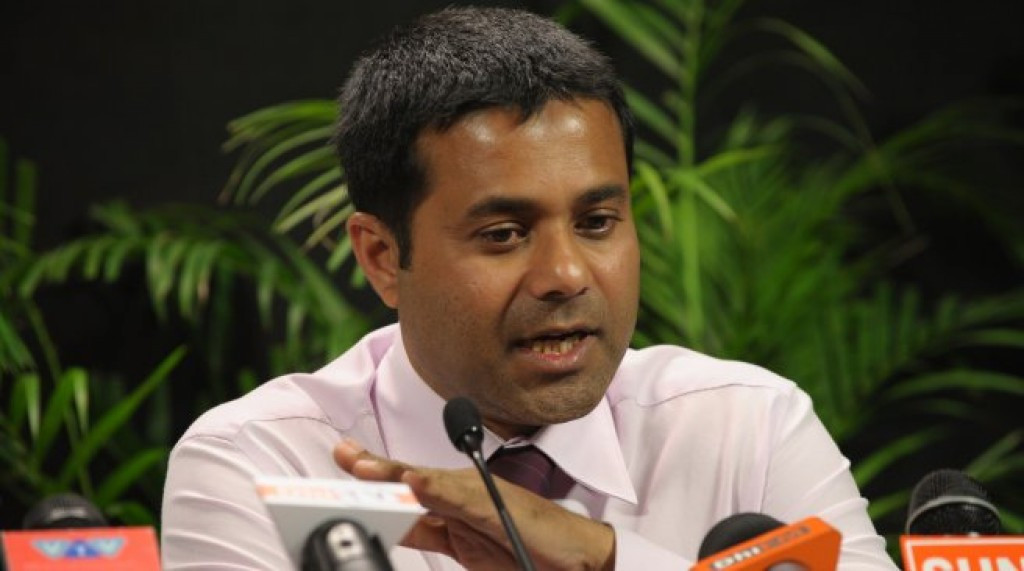Current decentralization policies will focus most on health sector: pres.
Current focus of the incumbent administration's policy efforts is on decentralizing the healthcare system

President Ibrahim Mohamed Solih visits the National Emergency Operations Center, established following Covid-19 pandemic
President Ibrahim Mohamed Solih has said that decentralization is one of this administration's most important policies, and that implementation would see primary focus given to developing the health sector.
Speaking in response to a question by a member of the public on the special "Baajjaveri Hendhuneh" programme held to commemorate 58 years of service for Dhivehiraajjeyge Adu on Tuesday, the president said that the current focus of his administration's policy efforts is on decentralizing the healthcare system in Maldives, the results of which he said were apparent even now.
Noting the current difficulties in traveling to the capital to access quality healthcare due to the steps taken to curb the spread of Covid-19, President Solih said that this has resulted in citizens making more use of regional health centers and atoll hospitals. He added that the government was making a special effort to further develop these centers to improve the quality of healthcare services that citizens have access to.
The president further highlighted that the only way to truly develop Maldives was through a decentralization policy, stressing the importance of distributing centralized power and resources to island communities to achieve that effect. He further supplemented this argument by saying that all citizens should have the opportunity to do business where they live, and that education and healthcare mechanisms need to be efficiently decentralized to bring about sustainable development across the nation.
Referring to a period before the 1960s, Solih said that island communities had been growing and developing organically by independently generating income through business, but that it had all come to a stop when government policies began to feature centralization as a primary feature in the following years.
He went on to reiterate the weight this administration placed in taking the powers centralized to the Greater Male' Region and redistributing them across island and atoll councils under a sustainable decentralization policy, saying that the new decentralization laws passed had also effectively released a lot of power to island communities.
The Decentralization Act, formalizing the roles and responsibilities of atoll and island councils including to provide primary health care, was introduced in 2010.
